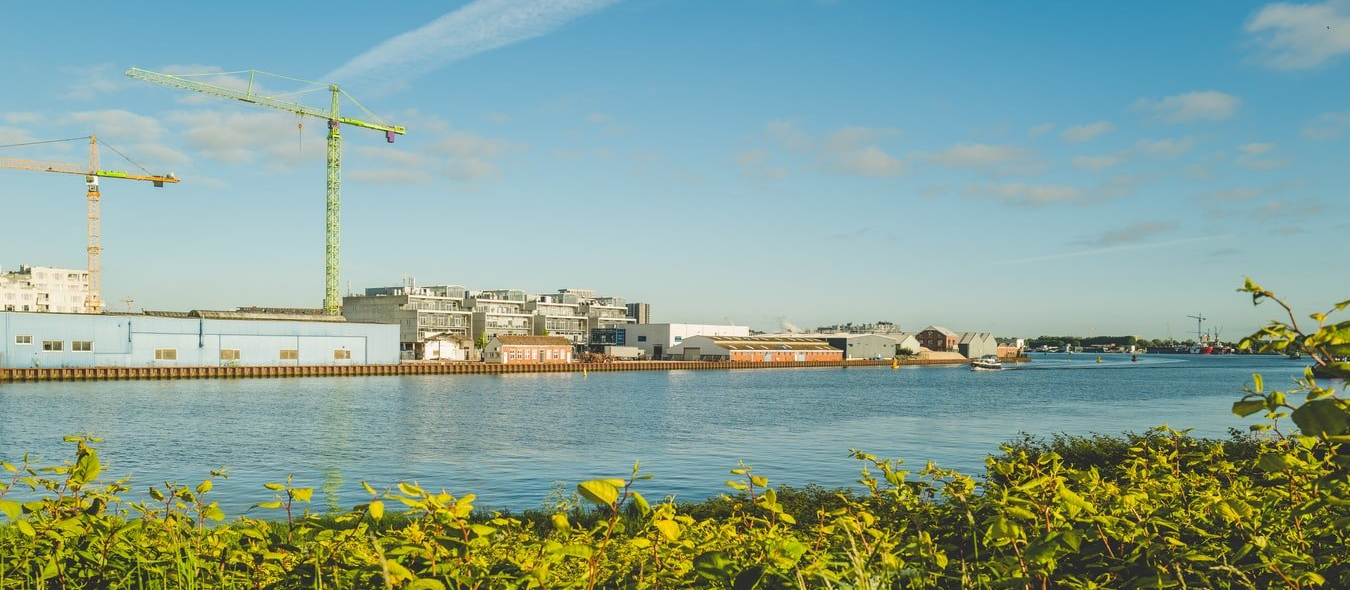Are You Carrying Out Activities Close to a River?
In England, Flood Risk Activity Permits are required by law when activities are being carried out which may affect main rivers, flood plains, flood defences and tidal/sea defences.

You may need a permit if you are doing any of the following:
- Any activity within 8 metres of the bank of a main river, or 16 metres if it is a tidal main river
- Any activity within 8 metres of any flood defence structure or culvert on a main river, or 16 metres on a tidal river
- Any activity within 16 metres of a sea defence structure
- Activities carried out on the floodplain of a main river, more than 8 metres from the riverbank, culvert or flood defence structure (or 16 metres if it is a tidal main river), if you do not have planning permission
View the government regulations and guidance here. There are similar regulatory requirements in Wales, Scotland and Northern Ireland.
What do you need to do?
The first step is to check if your site is close to a main river by visiting the Environment Agency’s Main River Map and typing in your postcode. If your site is within the specified distance, then a FRAP may be required. Applications can take months to be processed and determined, which is a real stumbling block to projects that may already be on hold or delayed due to Covid-19.
If your site is close to an ordinary watercourse that is not designated as a main river, then you need to contact your local council and/or drainage board to discuss the requirements.
What FRAP do I need?
There are two permits that you can apply for:
- Standard rules permit- this applies if your works are fully covered in the list of standard activities defined by the Environment Agency.
- Bespoke permit- this applies if your works do not fall wholly within the list of standard activities. More complicated process.
If your activities require a bespoke permit you must carry out a risk assessment which considers the potential impact of your work on flood risk, drainage and the environment. You must also develop a management system which shows how you will manage any risks. It’s important, especially at present, that any supporting documents are prepared in a clear and concise way, to enable the Environment Agency to determine applications efficiently.
There’s good news
Government organisations such as the Environment Agency continue to function during the lockdown, which means this time could be used productively to submit your permit application and allow your project to progress as soon as possible.
Envireau Water staff are on hand to fully assess the regulatory requirements at your site, produce the relevant technical work, manage the application process and liaise with regulatory authorities to obtain the necessary permit. We are here to support our clients and simplify the process, take a read of the following recent case study to see for yourself.







